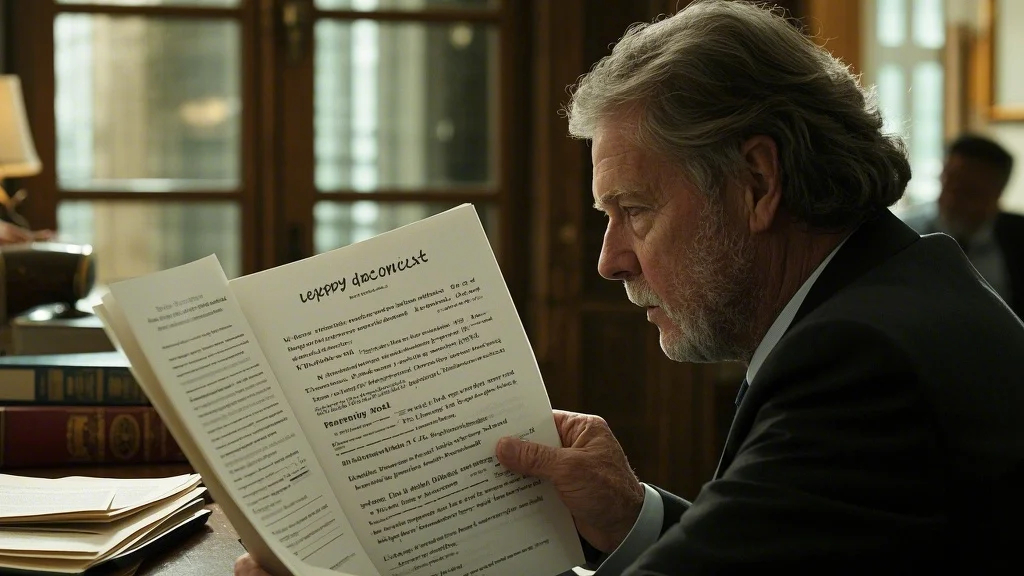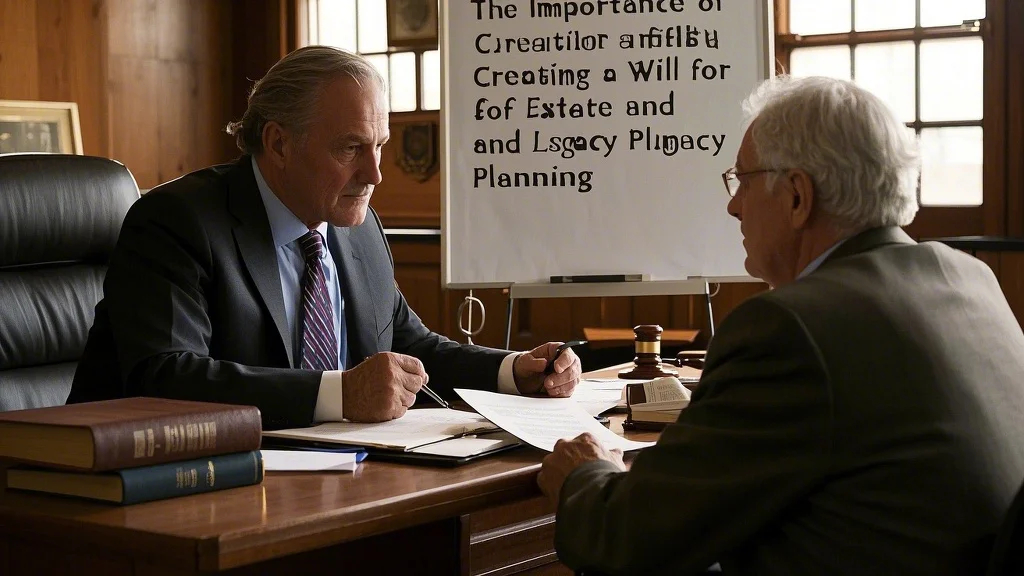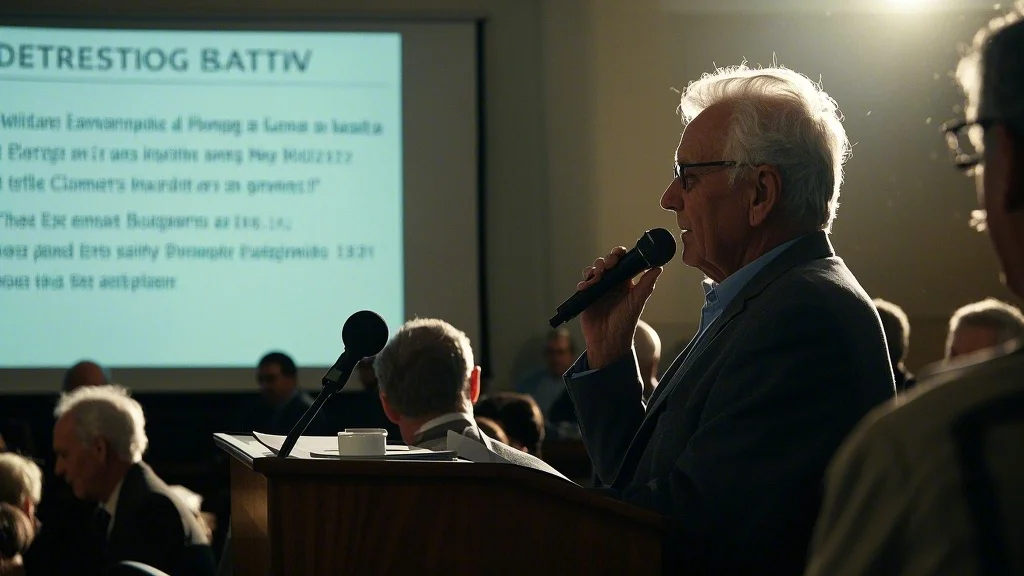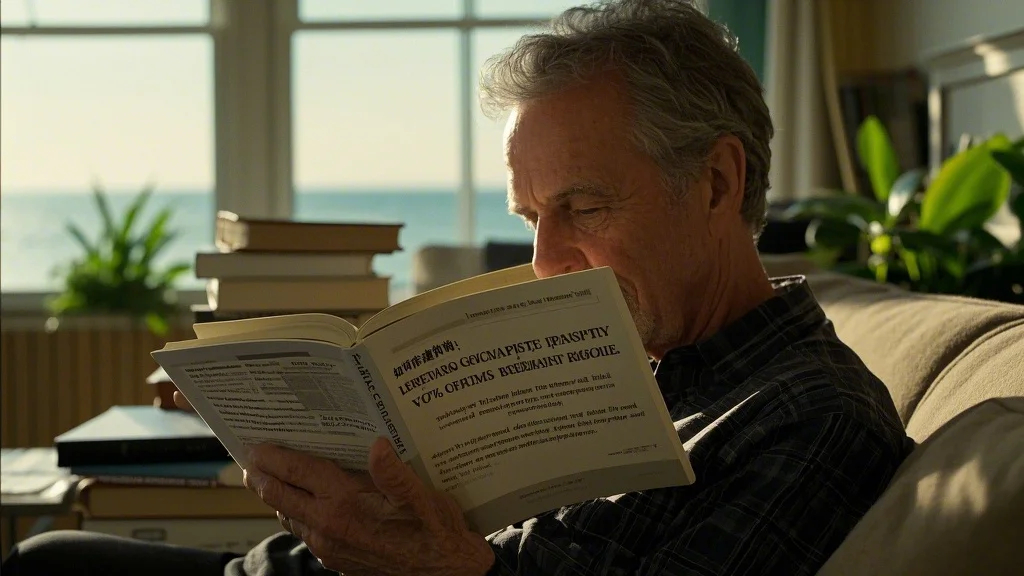The Foundation of Proper Estate Organization
Creating a legally valid will serves as the cornerstone of effective wills and estate planning, yet nearly half of Americans over 55 lack this essential document. A properly drafted will does far more than just distribute assets—it provides clear instructions for guardianship of minor children, establishes your chosen executor, and can even include provisions for digital assets and family heirlooms. Without this guidance, state intestacy laws take over, potentially distributing your property in ways you’d never intend. The process of will creation forces important conversations about your legacy planning goals and values you want to pass on beyond just financial assets. Many people discover that preparing a will actually simplifies their broader retirement savings strategies by clarifying how different accounts and properties fit into their overall plan. Regular updates (every 3-5 years or after major life events) ensure your will remains aligned with your current situation and relationships.
Tax Implications and Retirement Account Considerations
A well-structured will coordinates with your tax-efficient retirement strategies to minimize the tax burden on your heirs. Retirement accounts like IRAs and 401(k)s often represent the most heavily taxed assets in an estate, making their disposition through a will particularly important. Strategic language can help stretch out distributions to non-spouse beneficiaries over decades rather than forcing a 10-year withdrawal window. For blended families, trusts established through your will can protect retirement assets for children from previous relationships while still providing for a surviving spouse. These provisions work best when integrated with comprehensive asset protection for retirees planning during your lifetime. Many retirees use the will creation process as an opportunity to review beneficiary designations across all accounts—an often overlooked but critical step since beneficiary instructions typically override will provisions for those assets.

Protecting Your Legacy and Family Harmony
Thoughtful legacy planning through your will extends far beyond dollar amounts—it’s about preserving family relationships and values. A clearly written will can prevent misunderstandings among heirs by explicitly stating your intentions rather than leaving room for interpretation. Many families include personal letters or ethical wills alongside legal documents to share life lessons, family history, and the reasoning behind distribution decisions. For business owners or those with complex assets, the will becomes essential for smooth transitions that protect both the enterprise and employees. These considerations should be part of your overall wills and estate planning strategy, not an afterthought. Including no-contest clauses and explaining distributions to heirs while you’re alive can significantly reduce the likelihood of costly and emotionally draining probate disputes after you’re gone.
Coordinating Wills with Other Estate Planning Tools
While essential, a will represents just one component of complete asset protection for retirees. Proper planning often incorporates living trusts for avoiding probate, durable powers of attorney for financial management if incapacitated, and healthcare directives. The will acts as the safety net that catches any assets not transferred through other means. This coordination becomes particularly important when implementing tax-efficient retirement strategies that may involve trusts or other vehicles. Many retirees find that creating a will prompts them to organize all their estate documents in one accessible location—a simple step that saves heirs tremendous difficulty later. Digital assets present new challenges that modern wills should address, including access to cryptocurrency, social media accounts, and online financial accounts that may hold significant value or sensitive information.
The Risks of Procrastination and DIY Solutions
Delaying wills and estate planning creates unnecessary risks that can undermine even the soundest retirement savings strategies. Without a will, state laws determine asset distribution, potentially excluding important people or charities you’d want to include. The probate process becomes more complicated and expensive, with court-appointed administrators making decisions rather than your chosen executor. DIY will kits and online forms often fail to address state-specific requirements or more complex family situations, leading to documents that may not hold up in court. Professional guidance becomes particularly valuable for those with blended families, special needs beneficiaries, or assets in multiple states. The relatively small upfront cost of proper will preparation pales in comparison to the financial and emotional costs your loved ones may face without one. Viewing will creation as part of your ongoing financial planning rather than a one-time task ensures your documents remain current as laws and circumstances change.
Integrating Wills into Comprehensive Retirement Planning
Your will should reflect and support your overall retirement savings strategies rather than exist as a separate document. The distribution plans in your will should coordinate with the beneficiary designations on retirement accounts, life insurance policies, and transfer-on-death deeds. This integration becomes especially important when implementing tax-efficient retirement strategies that may involve Roth conversions or charitable giving. Many retirees use the will creation process as an opportunity to review all aspects of their asset protection for retirees plan, from insurance coverage to long-term care arrangements. Regular reviews (especially after major tax law changes) ensure your will continues to align with your financial and personal goals. Perhaps most importantly, completing your will provides peace of mind—knowing you’ve taken responsibility for your legacy rather than leaving difficult decisions and potential conflicts for your loved ones.



